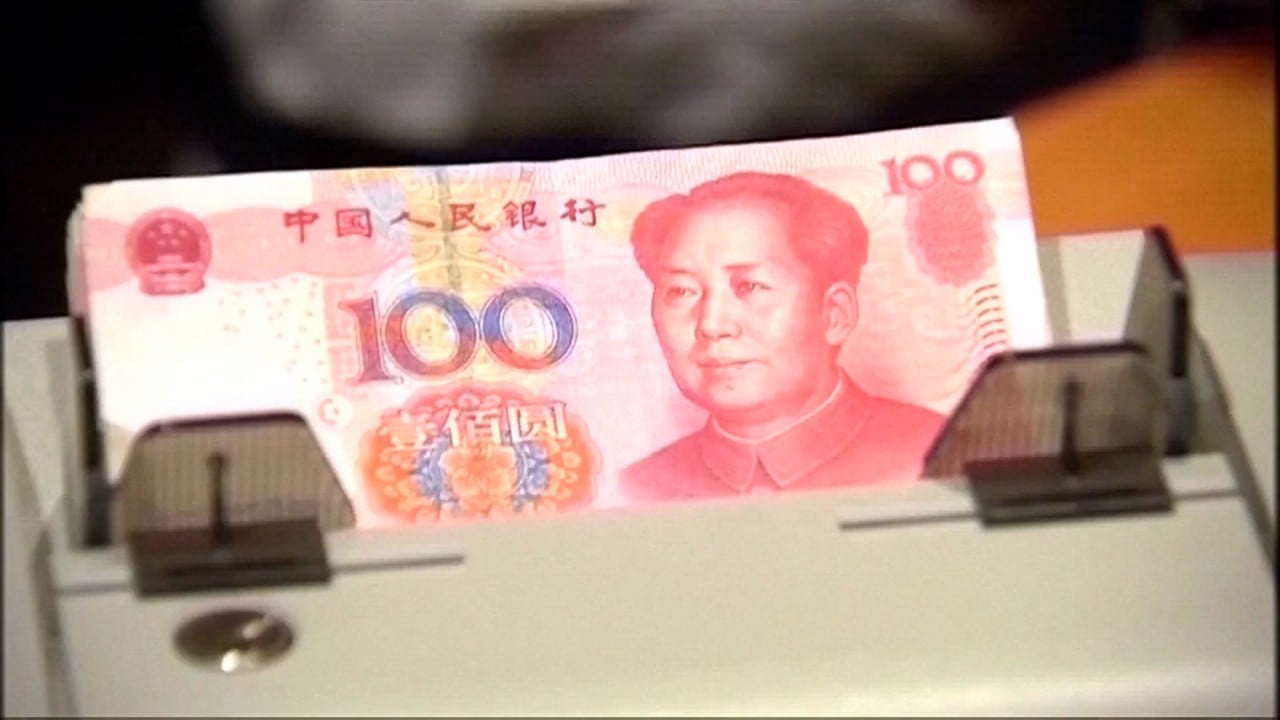
Why China’s crackdown on tech and education won’t scare off global investors
- The double whammy of the trade war and the pandemic has caused Beijing to double down on efforts to preserve stability and maintain control
- Still, concerns over such interventions have not put off foreign investors, and falls in Chinese tech stocks are creating attractive buying opportunities
The MSCI Emerging Markets Index – a gauge of stocks in developing economies where China has a 37.5 per cent weighting – is down more than 8 per cent since June 28, dragging the index into negative territory for the year.
The Nasdaq Golden Dragon China Index – a gauge of US-listed Chinese firms – is down 22 per cent since June 29, in stark contrast to the tech-heavy Nasdaq-100 index, which is trading just below its all-time high.
US-China tech war: why China’s next big leap is faltering
Some investment strategists believe Beijing has crossed the Rubicon in its hostility to the private sector and global capital markets, undermining the investment case for owning Chinese assets. At the very least, equity investors should receive a higher risk premium to compensate for escalating political and regulatory risks.
Yet, worries over Beijing’s heavy-handed interventions, and the acute governance challenges facing international investors in Chinese companies, are nothing new. While these concerns have intensified, they have not deterred foreign investors from buying record amounts of Chinese stocks and bonds.
In a report published on Wednesday, JPMorgan noted that foreign purchases of Chinese equities in the first half of this year were surprisingly strong, despite the underperformance of mainland shares, adding that overseas investors “structurally under-own both China bonds and stocks”.
Why investors seeking yield should embrace Chinese bonds
More importantly, while the severity of China’s regulatory actions has unnerved markets, it has shown how foreign investors underestimated Beijing’s determination to preserve financial and social stability, and maintain control over personal data.
The clampdown reflects the changing economic and geopolitical landscape over the past several years. The double whammy of the trade war and the Covid-19 pandemic has caused Beijing to double down on efforts to entrench the power of the ruling Communist Party.
Not only did investors misjudge Beijing’s response, they were too sanguine about the scope for an easing of US-China tensions following Biden’s victory.
The new administration’s resolutely hawkish stance on China has not just deepened the political and ideological divisions between both superpowers, it has intensified the battle for tech supremacy that is at the heart of the conflict.
Beijing’s efforts to rein in the clout of its tech giants should be viewed through the prism of broader regulatory threats facing the industry. Although China’s actions are by far the most aggressive, the US and European governments are also taking a tougher approach to curbing the power of Big Tech.
The dramatic falls in Chinese tech stocks are starting to create attractive buying opportunities that could be quite compelling, provided concerns about regulatory risks abate. In the US, by contrast, tech stocks are still priced for perfection despite threats posed by tighter monetary policy and tougher regulations.
Beijing’s clampdown is a harsh lesson for global markets. Yet, there is little sign that investors have fundamentally changed their view of China. If the recent sell-off forces investors to price political risks more accurately – both in China and elsewhere – markets will be better prepared for the next bout of volatility.
Nicholas Spiro is a partner at Lauressa Advisory



